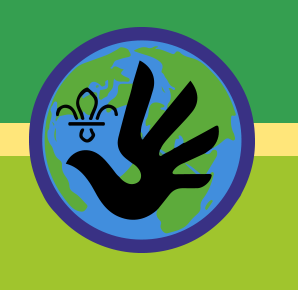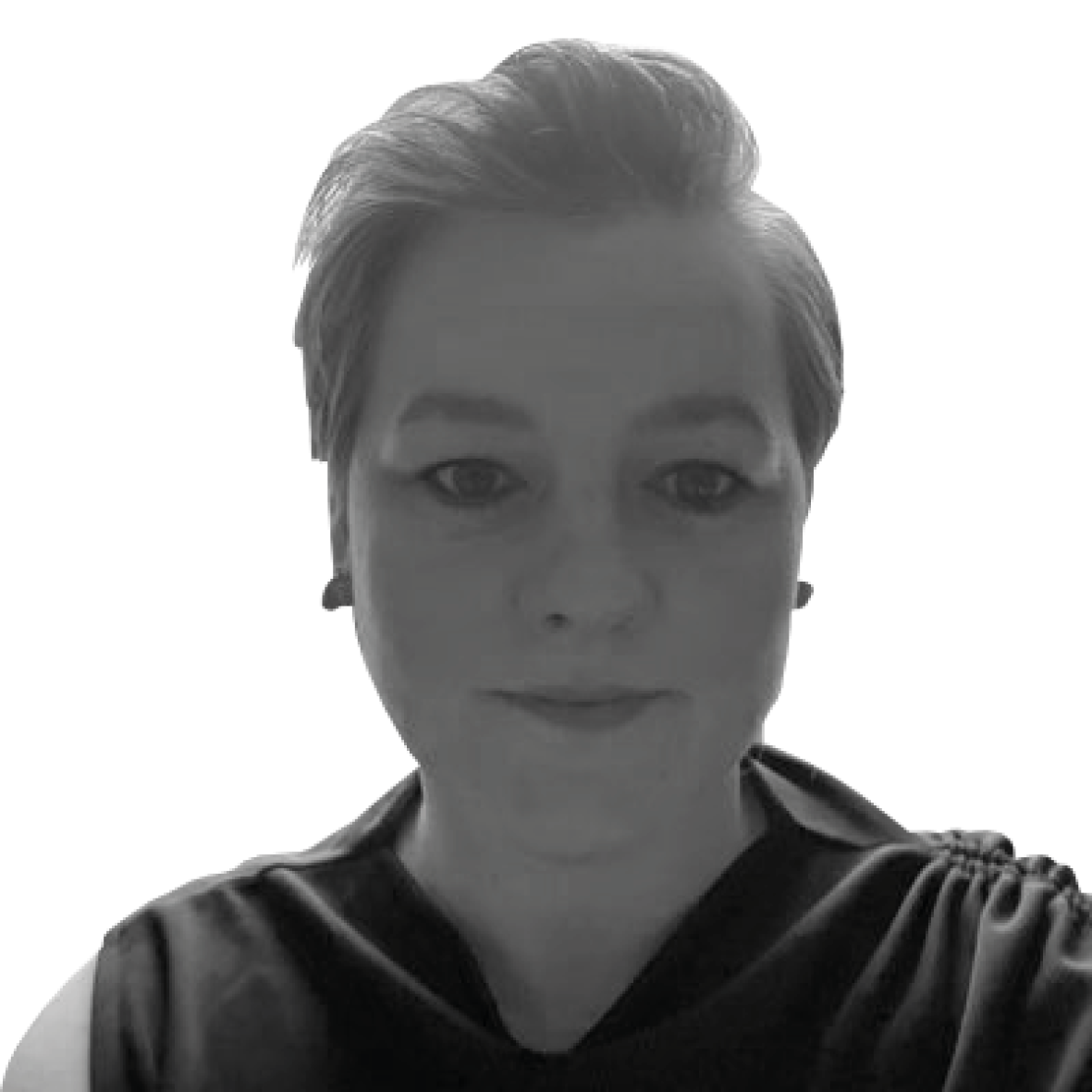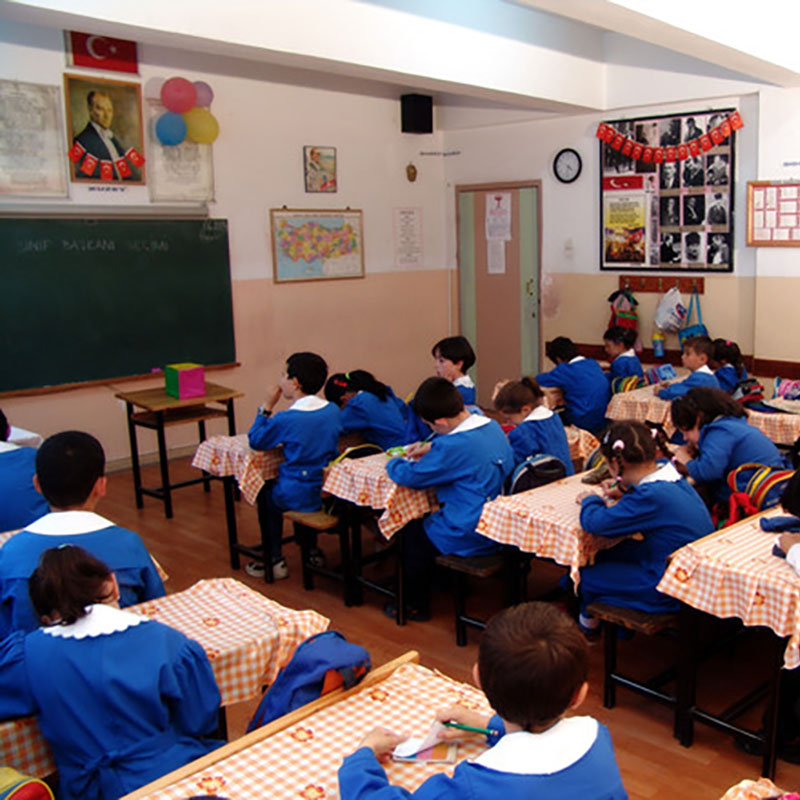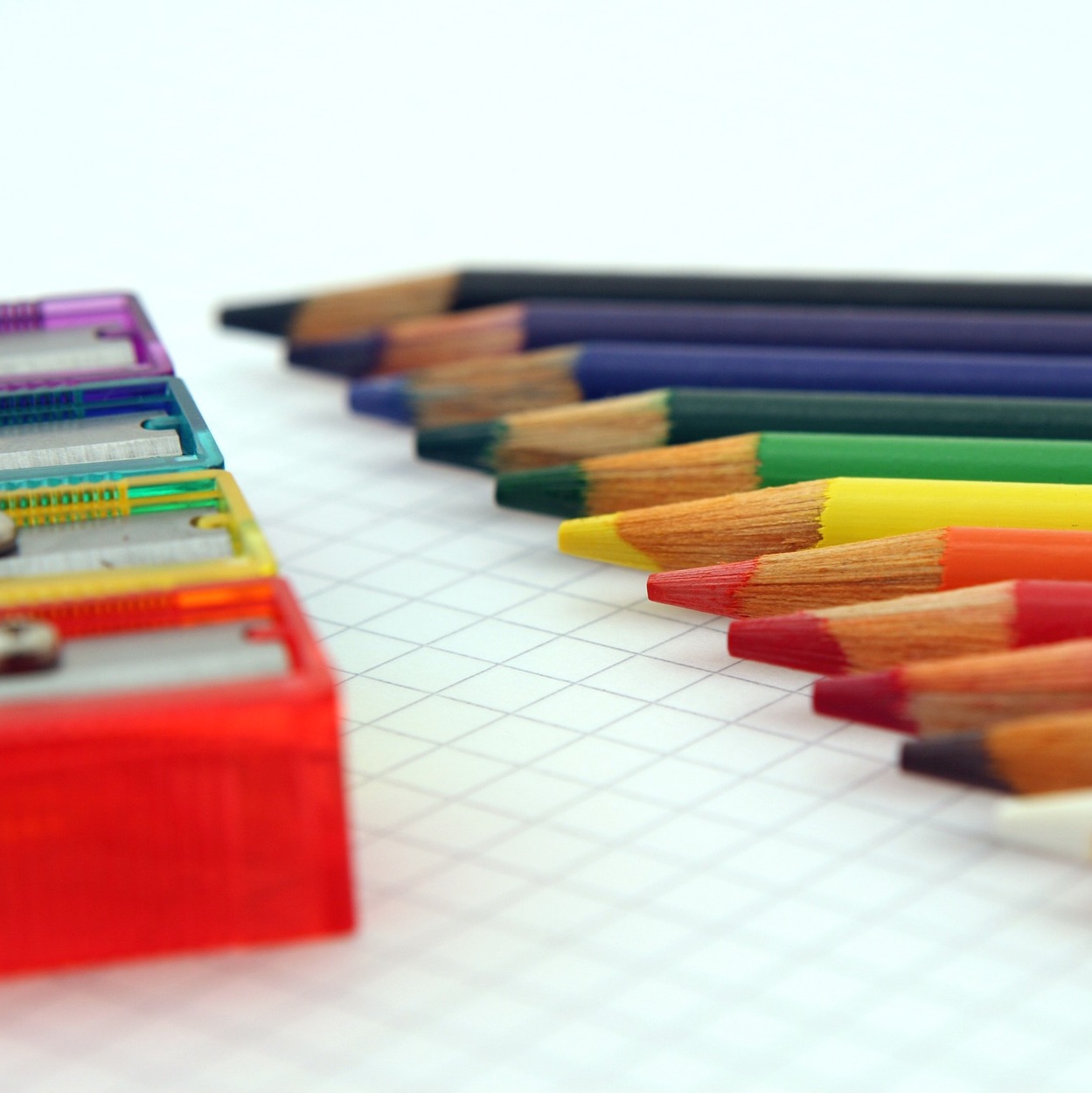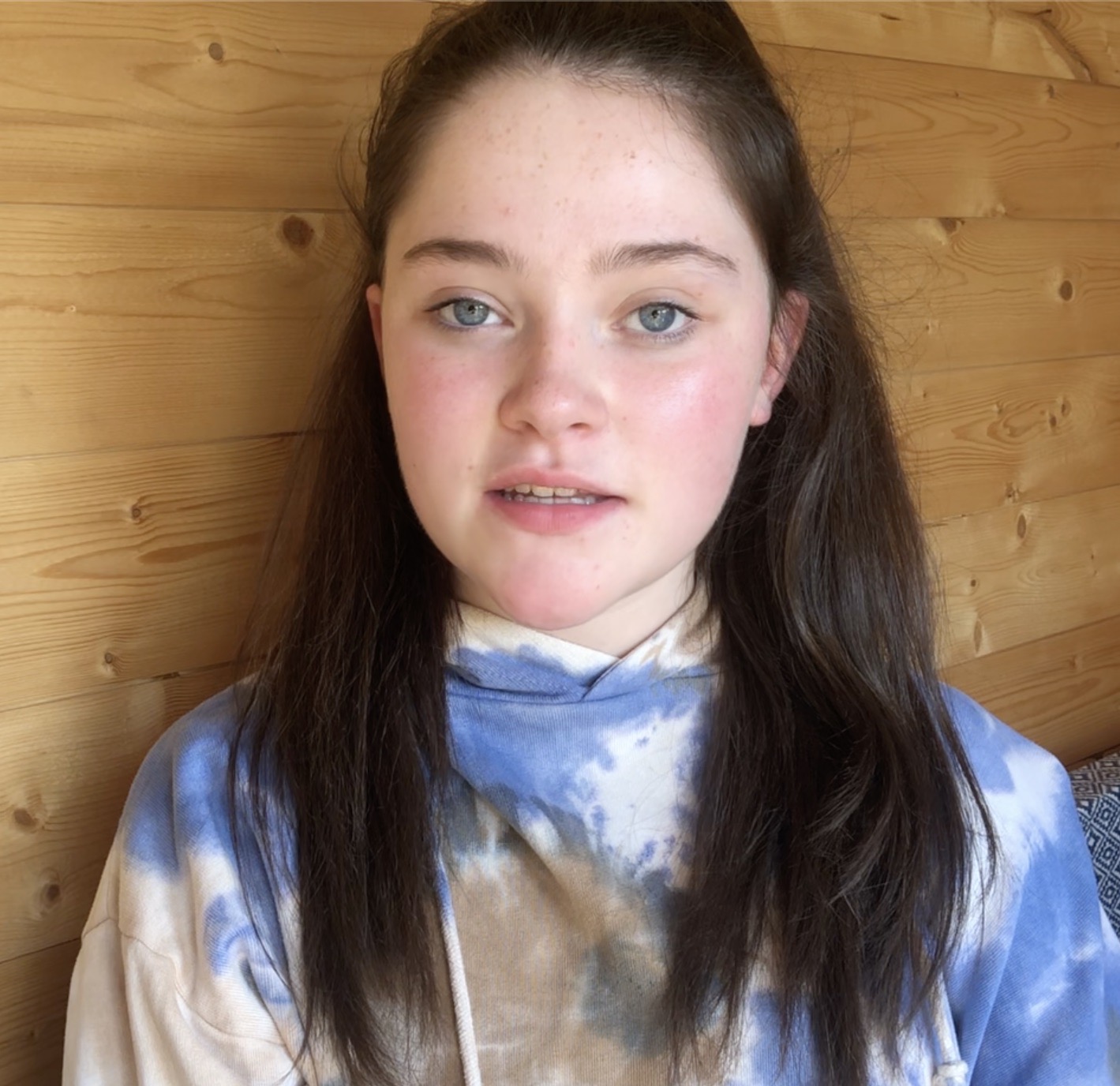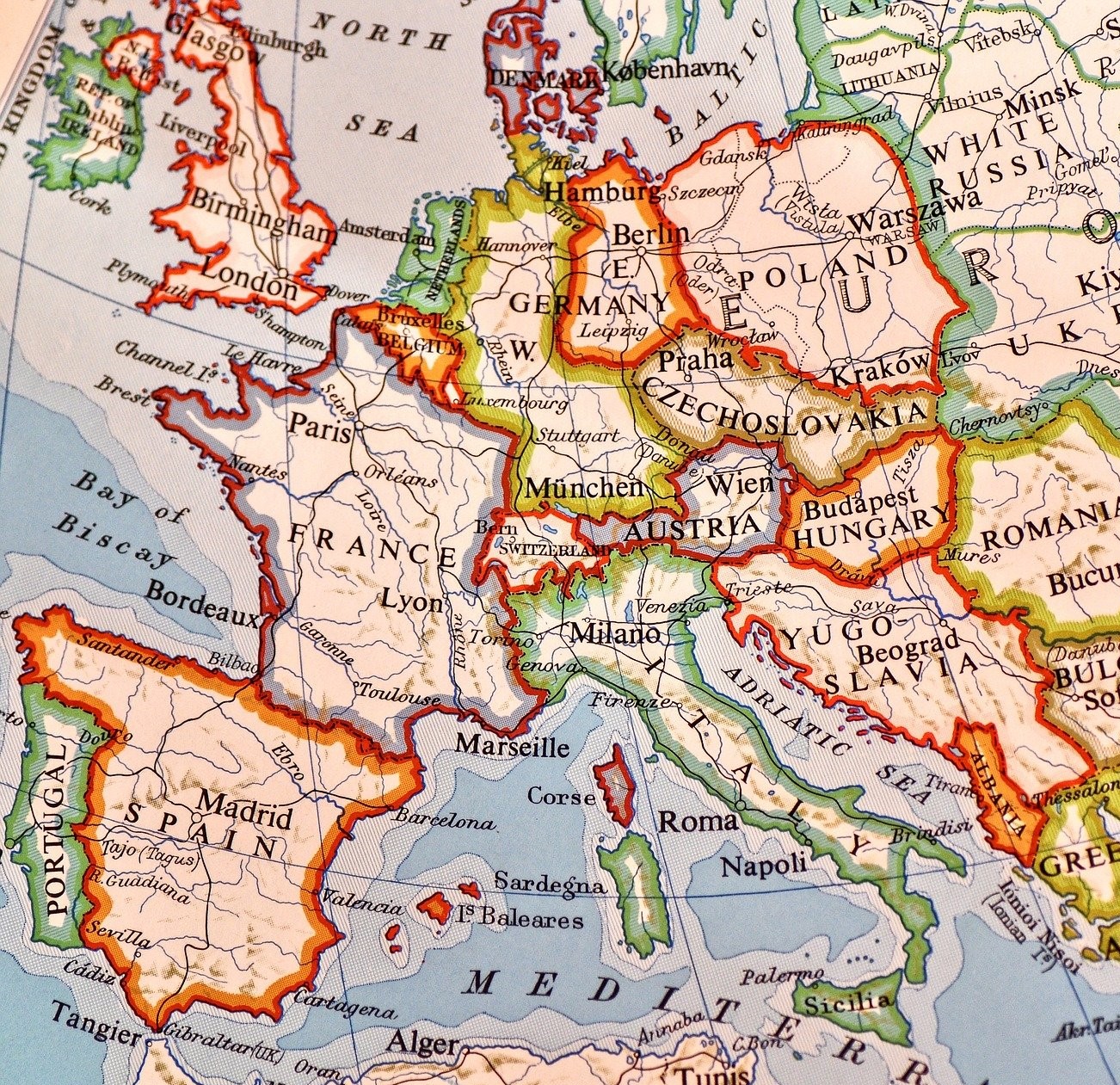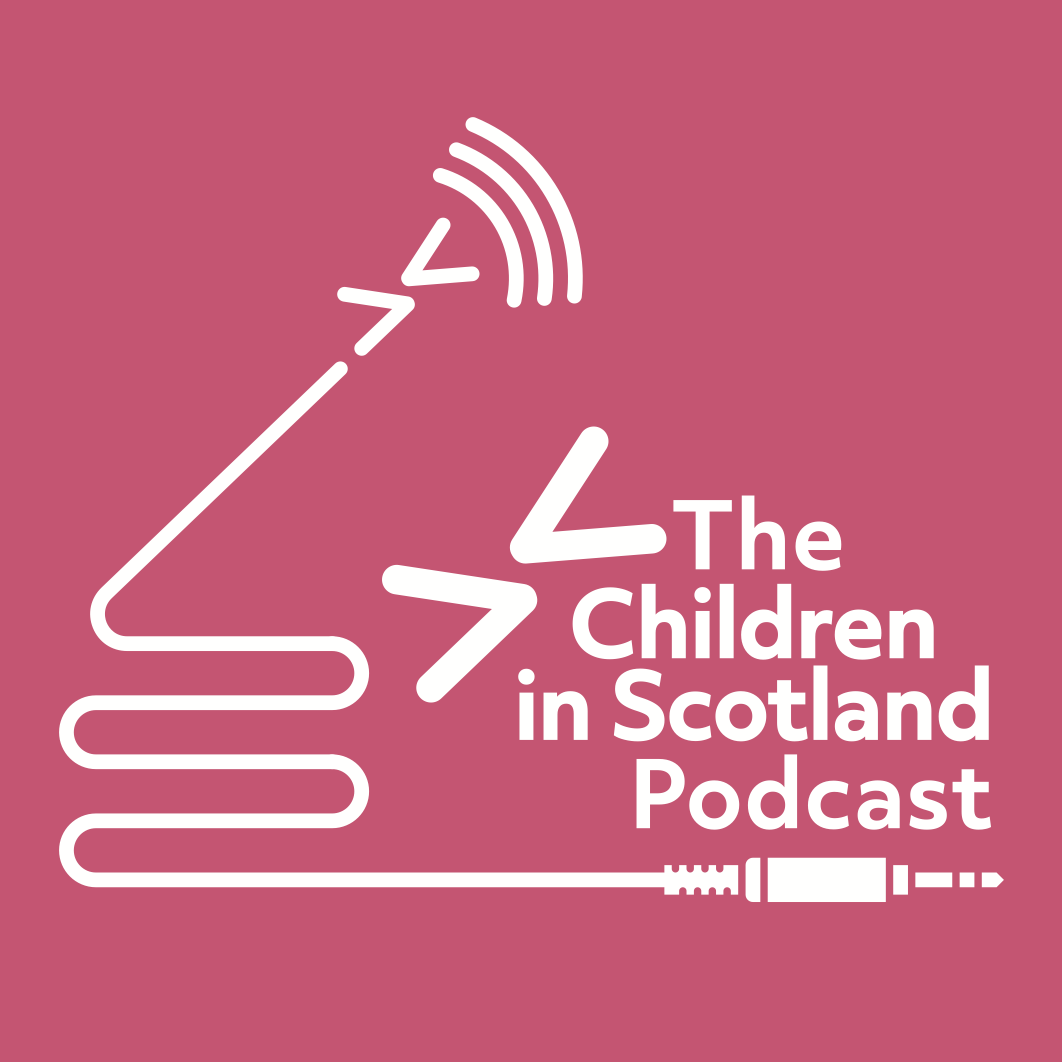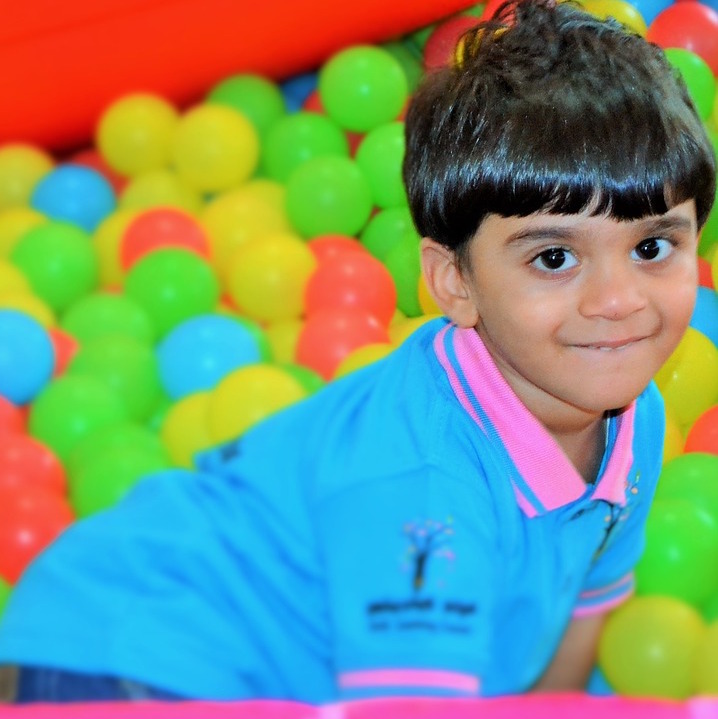Sunday 20 November is World Children’s Day. This year’s theme is “a better future for every child” – something which resonates in my office. But our work doesn’t just focus on the future. Children are rights-holders now. They are an integral part of our communities, with many child human rights defenders ensuring a better future for all. But to build a better future, we need to ensure rights are respected in the present. We must also learn from the past.
In April, the office of the Children and Young People’s Commissioner Scotland turned 18. We have championed children’s human rights for an entire childhood. That is a lot of learning.
Rights-based practices
It starts with putting children’s rights and voices at the centre of law, policy, and practice. That means listening to children, and their views, ideas, and experiences. That culture of participation – whether it’s through our Young Advisers, wider work to ensure children’s views are included and heard at the highest levels, or educational engagement like our Rights Challenge badge with Scouts Scotland – is at the heart of everything we do. For much of the pandemic, this moved online and being able to speak to children face-to-face in their own communities again has been a joy. Celebrating our birthday with nursery children in Linlithgow was full of laughter, and of course, cake.
But it’s not just advocating for children, we need to empower them to claim their rights.
Max, 11, told us: “It’s important to know your rights so they can’t be taken away from you.”
Empowering young people
I’m proud of the growing culture of recognising child human rights defenders. Children from Scotland made a huge contribution to the UN Committee on the Rights of the Child Day of General Discussion in 2018 (click here to access) and we were involved in the creation of the global implementation guide on the rights of child human rights defenders (click here to access). In 2019 our Young Human Rights Defenders Action Group laid the report Promote, Protect, Defend (click here to access) before the Scottish Parliament with recommendations to ensure child human rights defenders were supported.
A better future is being built by child human rights defenders, for example in the fight for climate justice. I’ve repeatedly written to Directors of Education to ensure they understand the important role that activism can play in education and the need to support young climate activists. We see child human rights defenders in our communities at all levels, demanding radical reforms on big issues like mental health, poverty, and discrimination, but also fighting for the smaller changes that make a big difference.
There have been hard-won victories over the last 18 years, making a positive difference to children’s lives. But there is so much still to be done.
Gaps in progress
Although it took too long to come into force, equal protection against assault now means children have legal protection from physical punishment.
The minimum age of criminal responsibility was increased from eight to 12 last year – still two years below the international minimum standard. Scotland’s low age of criminal responsibility and the continuing detention of children in prisons paints a bleak picture of our commitment to children’s rights. The pace of change is unacceptably slow and the consequences of Scottish Government delays often tragic.
Poverty (click here to access more) has been one of the most significant human rights issues throughout our 18 years, with one in four children living in poverty. It affects every aspect of children’s lives and robs them of their childhood. We have helped secure increased support in Scotland and, with the other UK Children’s Commissioners, have challenged the UK Government’s failures on social security. But there is more to be done at every level. Allowing poverty to continue is a political choice, it’s not inevitable.
Care experienced children still face challenges to their rights. Along with others, our early work helped secure the Independent Care Review. The Promise now gives hope of change, but care experienced young people are frustrated at government assurances still undelivered.
Covid created a human rights crisis. It affected all children and disproportionately impacted those whose rights were already most at risk – including children living in poverty, disabled children, care experienced children, children of prisoners, young carers, and children from ethnic minority backgrounds.
The importance of incorporating the UNCRC into Scots Law
But there is a bright light for a better future when we finally incorporate the United Nations Convention on the Rights of the Child (click here for more) (UNCRC) into Scots law. It’s the most important thing we can do to ensure children’s rights are respected, protected, and fulfilled. Last year, the Scottish Parliament unanimously voted for incorporation. The Supreme Court subsequently ruled some sections of the Bill went beyond the Parliament’s powers.
The Scottish Government has committed to bring forward amendments, but children are still waiting. Every day of delay is a day when children don’t have their rights protected.
The UNCRC requires that we use all available resources to the maximum extent possible to ensure children’s rights. We know that rights-based budgeting and supporting relationships around families, like community and early years practitioners, youth work, and school-based supports, make a huge difference in children’s lives.
On this World Children’s Day, I’m urging all decision-makers to commit to ensuring children’s recovery from the pandemic is rights-based. I’m again calling on the Scottish Government to urgently bring the UNCRC Incorporation Bill back to Parliament and commit to immediate commencement once it’s passed. That way we can truly make “a better future for every child” but – more importantly – it will improve children’s lives today. We can’t afford to wait until tomorrow.
Bruce Adamson is Children and Young People’s Commissioner Scotland.
